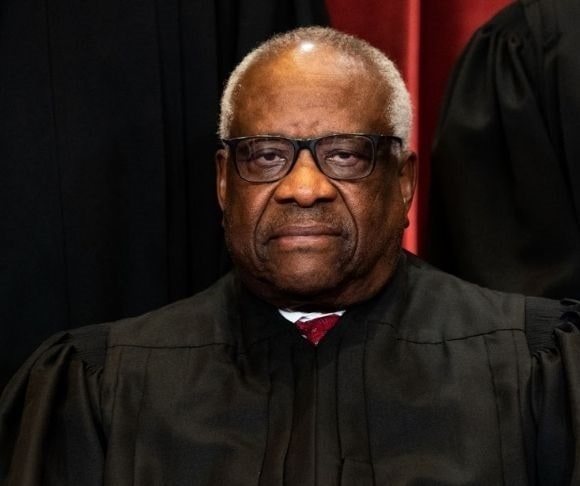The Supreme Court heard arguments in two cases on April 18, one on workers’ compensation law that applies exclusively to federal contract workers and the other about quarterly fees in large Chapter 11 bankruptcies. Not exactly abortion and gun control in terms of public interest, but the bigger news came from the Court’s orders announced before oral arguments. The justices did not grant any major new cases, but they did deny review to several cases, including a prominent one that affects high-tax states, that Court-watchers have been waiting for:
New York v. Yellen
Deduction of state and local property and income taxes from federal taxable income changed radically in 2017 when it was capped at $10,000 by federal law. High-tax states New York, Connecticut, Maryland, and New Jersey sued to have the cap declared unconstitutional. They lost in the District Court, at the Second Circuit Court of Appeals, and will not get a hearing at the Supreme Court.
Conyers v. City of Chicago
Chicago destroys or sells property seized while taking custody of arrestees if not retrieved within 30 days. This is true even for arrestees who remain in custody awaiting trial for more than 30 days and cannot retrieve the property. The Seventh Circuit Court of Appeals said it found no constitutional requirement to order the city to incur “all of the costs and responsibilities that such a status would implicate.” The Supreme Court has let that ruling stand.
Love v. Texas
Kristopher Love was convicted of capital murder and petitioned for a new trial because a juror in his first one answered yes to the following question “Do you believe that some races and/or ethnic groups tend to be more violent than others?” Justice Sonia Sotomayor dissented from the order, denying Love a hearing at the Supreme Court, joined by Justices Stephen Breyer and Elena Kagan. She wrote:
“[T]he Court of Criminal Appeals ‘assume[d]’ that the juror at issue was biased, but concluded that allowing him to sit on the jury was harmless. That is an inherently contradictory determination. If the juror were indeed biased, then because he sat on the jury, Love’s conviction and sentence ‘would have to be overturned.'”
Justice Clarence Thomas was back on the bench in person as the Supreme Court resumed hearing arguments. The 73-year-old was hospitalized to treat a virus the Court announced was not Covid-19. He was released on March 25 and has participated remotely until now. The Court has arguments scheduled this week and next, with none yet scheduled in May.




